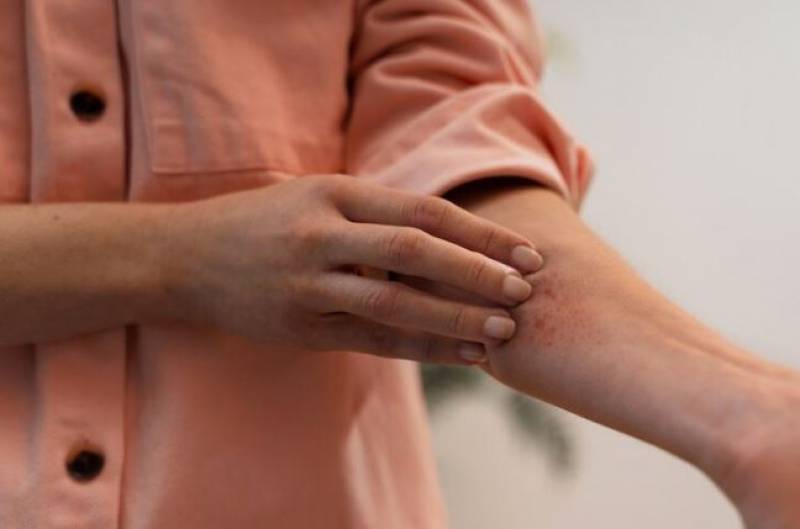article_detail
Date Published: 07/08/2024
West Nile virus from mosquitoes spreads through Andalucía
The disease has been detected in Sevilla, Cadiz, Cordoba and Huelva

Andalucía is on high alert as the West Nile Virus (WNV), caused by mosquito bites, rears its head once more. The Andalucían Regional Ministry of Health has confirmed nine new cases of WNV across several towns in the region, including Los Palacios y Villafranca, Dos Hermanas, Coria del Río and La Puebla del Río.
While six of these individuals have already been discharged, the presence authorities are worried that the widespread presence of this potentially lethal virus in mosquitoes and other animals could lead to further cases.
Between July 23 and 31 alone, West Nile Virus was detected in insects captured in several parts of Sevilla, including Almensilla, Villamanrique de la Condesa, Bollullos de la Mitación, Utrera, and even in Montalbán, Córdoba.
Worryingly, it's not just humans at risk. The Ministry of Agriculture, Fisheries and Rural Development has detected WNV in horses in La Palma del Condado (Huelva), Almensilla (Sevilla) and Sevilla capital.
This development has prompted the Health and Consumer Affairs departments to spring into action, advising municipal authorities on crucial public health actions to curb the spread of WNV.
The latest weekly report from Public Health reveals that female mosquito species responsible for transmitting WNV are thriving. Population densities are at high levels (Grade III) in Villamanrique de la Condesa, Benalup-Casas Viejas and Vejer de la Frontera (Cadiz), and at medium levels (Grade II) in Almensilla, Bollullos de la Mitación, Gelves and Montalbán (Cordoba).
With 80% of WNV infections in humans showing no symptoms, the elderly and immunocompromised are at particular risk of developing West Nile neuroinvasive disease.
This can cause inflammation of the brain (encephalitis) or the membranes surrounding the brain and spinal cord (meningitis). Symptoms of neuroinvasive disease include high fever, neck stiffness, disorientation, coma, tremors, convulsions, muscle weakness and paralysis.
However, the more common symptoms are mild and typically include fever, headache, body aches, nausea, vomiting and sometimes a skin rash. These symptoms usually last for a few days to a few weeks.
Authorities emphasise the importance of preventive measures to avoid mosquito bites during peak activity hours (around dawn and after dusk), such as using registered topical repellents and opting for light-coloured clothing that covers the skin.
Also of interest: The cheesy reason mosquitoes find you irresistible
Image: Freepik
Loading
Sign up for the Spanish News Today Editors Roundup Weekly Bulletin and get an email with all the week’s news straight to your inbox
Special offer: Subscribe now for 25% off (36.95 euros for 48 Bulletins)
OR
you can sign up to our FREE weekly roundup!
Read some of our recent bulletins:
Discount Special Offer subscription:
36.95€ for 48 Editor’s Weekly News Roundup bulletins!
Please CLICK THE BUTTON to subscribe.
(List price 3 months 12 Bulletins)
Read more stories from around Spain:
Contact Spanish News Today: Editorial 966 260 896 /
Office 968 018 268























